The 20 greatest Motown songs: From Barrett Strong to Marvin Gaye
The label, which turns 60 this month, is a byword for quality. Graeme Ross picks his best tracks
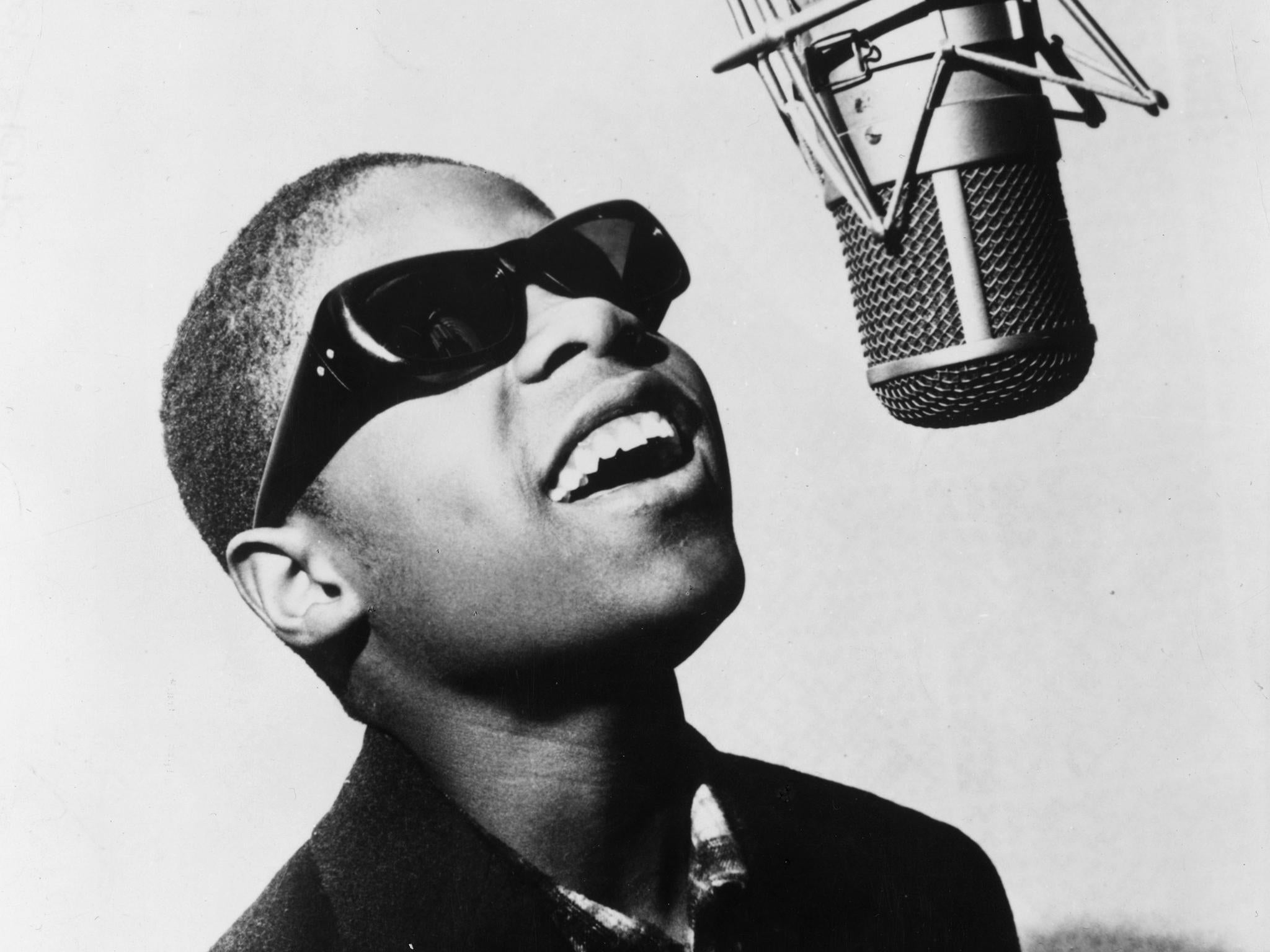
On 12 January 1959, former boxer, Detroit car worker and part-time songwriter Berry Gordy Jr formed his own record company. He called it Tamla Records.
You may know it as Tamla Motown, just plain Motown after Detroit’s car industry, or the highly evocative and accurate Hitsville USA, the name of the original Detroit headquarters studio where scores of hit records flew from the music industry’s very own production line.
And you will certainly know many of the songs to which I refer, because quite simply we are talking about some of the greatest recordings and artists of the 20th century.
Gordy described his company’s music as “the sound of young America”. It was a sound that soon travelled across the world, and in doing so espoused racial integration. And for an exemplar of success for an independent record label and for black empowerment, look no further than Motown.
As you will see from this playlist, the 1960s was Motown’s decade, with a roster of fabulous talent and the famed Funk Brothers session musicians giving the recordings their unmistakable sound.
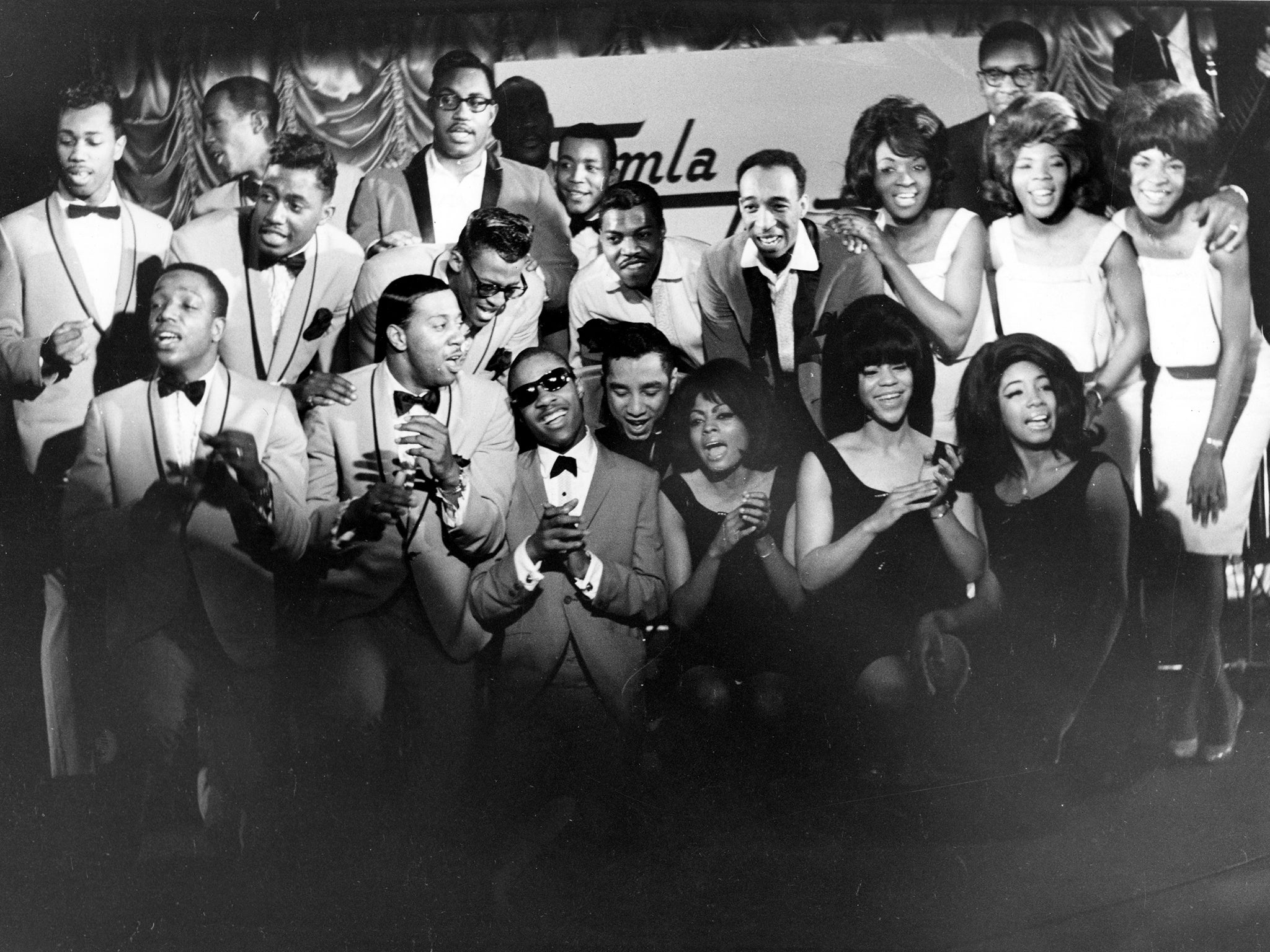
Behind the scenes were the expert song writers and producers, and there was also the famous “quality control sessions” where every song had to pass a rigorous examination before they were considered fit for release. The 1970s witnessed many epochal recordings also, and Motown continued to make quality records right into the 1990s – just fewer of them.
Berry Gordy is now in his 90th year and many of the artists from Motown’s glory days are no longer with us, but the music lives on.
I couldn’t even guess how many thousands of songs Motown have released since it was formed 60 years ago, and of course if you ask a dozen people at random to pick their top 20 they would all give entirely different selections. So, undeterred, this is my pick of the 20 greatest Motown songs.
20. Barrett Strong – ‘Money (That’s What I Want)’ (1959)
A pounding piano intro and call-and-response vocals drive this irresistible love letter to avarice co-written by Gordy himself. Strong was just 18 when he recorded “Money” and it was his single brush with fame as a performer.
Enjoy unlimited access to 100 million ad-free songs and podcasts with Amazon Music
Sign up now for a 30-day free trial
Enjoy unlimited access to 100 million ad-free songs and podcasts with Amazon Music
Sign up now for a 30-day free trial
His musical legacy is as a co-writer of such unimpeachable Motown classics as “War”, “I Heard It Through the Grapevine”, “Wherever I Lay My Hat”, “Papa Was a Rollin’ Stone”, and many others.
Covered many times, most notably by the Beatles, “Money” was Motown Records’ first hit and fittingly provided the cash for Gordy to take his fledgling record label to greater heights.
19. The Marvelettes – ‘Please Mr Postman’ (1961)
The Marvelettes pre-dated the Supremes by a couple of years as Motown’s premier female vocal group, getting off to a flyer with their debut single, an exquisite slice of doo-wop about a young girl waiting on a letter from her beau which became Motown’s first No 1 record.
Lead singer Gladys Horton was no older than 17 when she recorded her throaty and memorable vocal and that’s a young Marvin Gaye you hear on drums.
The Marvelettes in various incarnations went on to record other minor Motown classics “Too Many Fish in the Sea” and “The Hunter Gets Captured by the Game”, and “Please Mr Postman” became something of a pop standard, covered by the Beatles and the Carpenters among others.
18. Brenda Holloway – ‘Every Little Bit Hurts’ (1964)
One of soul music’s great lost talents, whose star shone all too briefly with Motown, Holloway was groomed for stardom by Gordy himself, but it didn’t quite pan out that way as the strong-willed singer resisted being moulded in the Motown image.
Holloway left Motown in 1968, leaving behind dozens of unreleased songs, some of which are now thankfully seeing the light of day. One song that was released when she was just 17 was the sublime “Every Little Bit Hurts”.
Heavily orchestrated and boasting a bluesy, gospel tinged vocal, it’s almost Southern Soul – deep-cut Motown if you like – and made the Top 20 in the States. Holloway has continued to record sporadically and played a gig in London last year, much to the delight of her many UK fans.
17. The Isley Brothers – ‘This Old Heart of Mine (Is Weak For You)’ (1966)
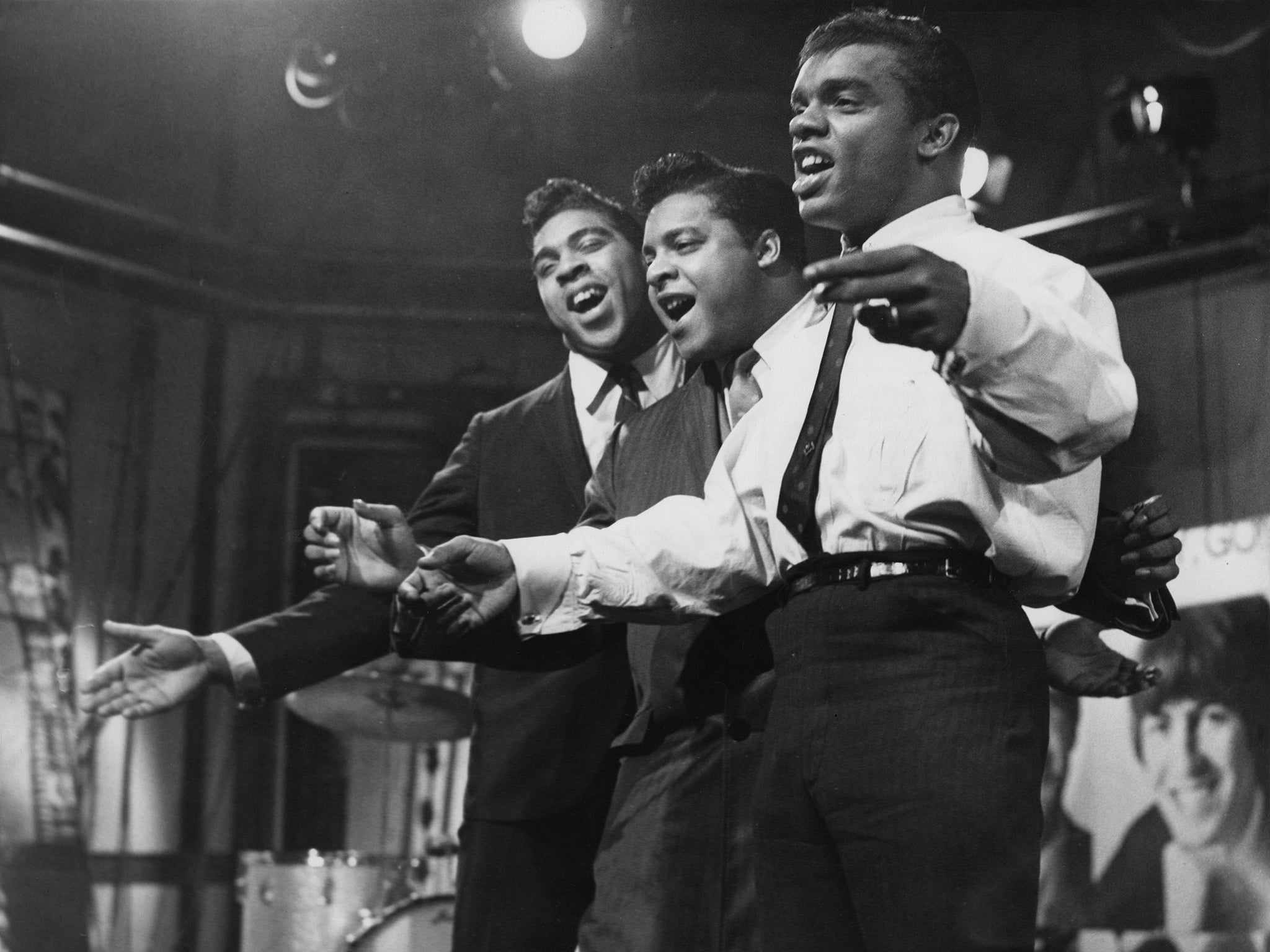
This most versatile and durable of black music acts, who have been making records for seven decades now, didn’t quite gel with the Motown assembly line but hung around long enough to produce a clutch of fine singles, establishing a fan base in the UK that they never really lost.
The pick of the bunch was the magnificent “This Old Heart of Mine” which reached the top three in the UK when re-released in 1968. It’s a typical full-on Holland/Dozier/Holland production, beautifully orchestrated and bringing out the best in vocalist Ronald Isley.
16. Jimmy Ruffin – ‘What Becomes of the Brokenhearted’ (1966)
Former Detroit car assembly worker Ruffin was no one-hit wonder, being a regular chart visitor in the UK but it is this one song, a hit twice over in the UK, for which he will always be remembered.
Ruffin’s tender yet gritty performance allied to a winning melody and plaintive lyrics struck a chord with everyone who had ever walked through a land of broken dreams.
15. Mary Wells – ‘My Guy’ (1964)
She was known as the “Queen of Motown” thanks to a succession of sophisticated hits in the early Sixties, however it was a short reign as soon after the success of this single, a US No 1, Wells left Motown over disputed royalties.
“My Guy”, composed by resident genius Smokey Robinson, is the definitive Motown romantic ballad, and remains one of the label’s best-loved songs, the Motown hit factory in full flow with Robinson’s celebrated similes (”I’m sticking to my guy like a stamp to a letter”) front and centre.
Sadly, Wells’s career faltered after leaving Motown and she died in 1992 aged just 49.
14 Marvin Gaye and Tammi Terrell – ‘Ain’t No Mountain High Enough’ (1967)
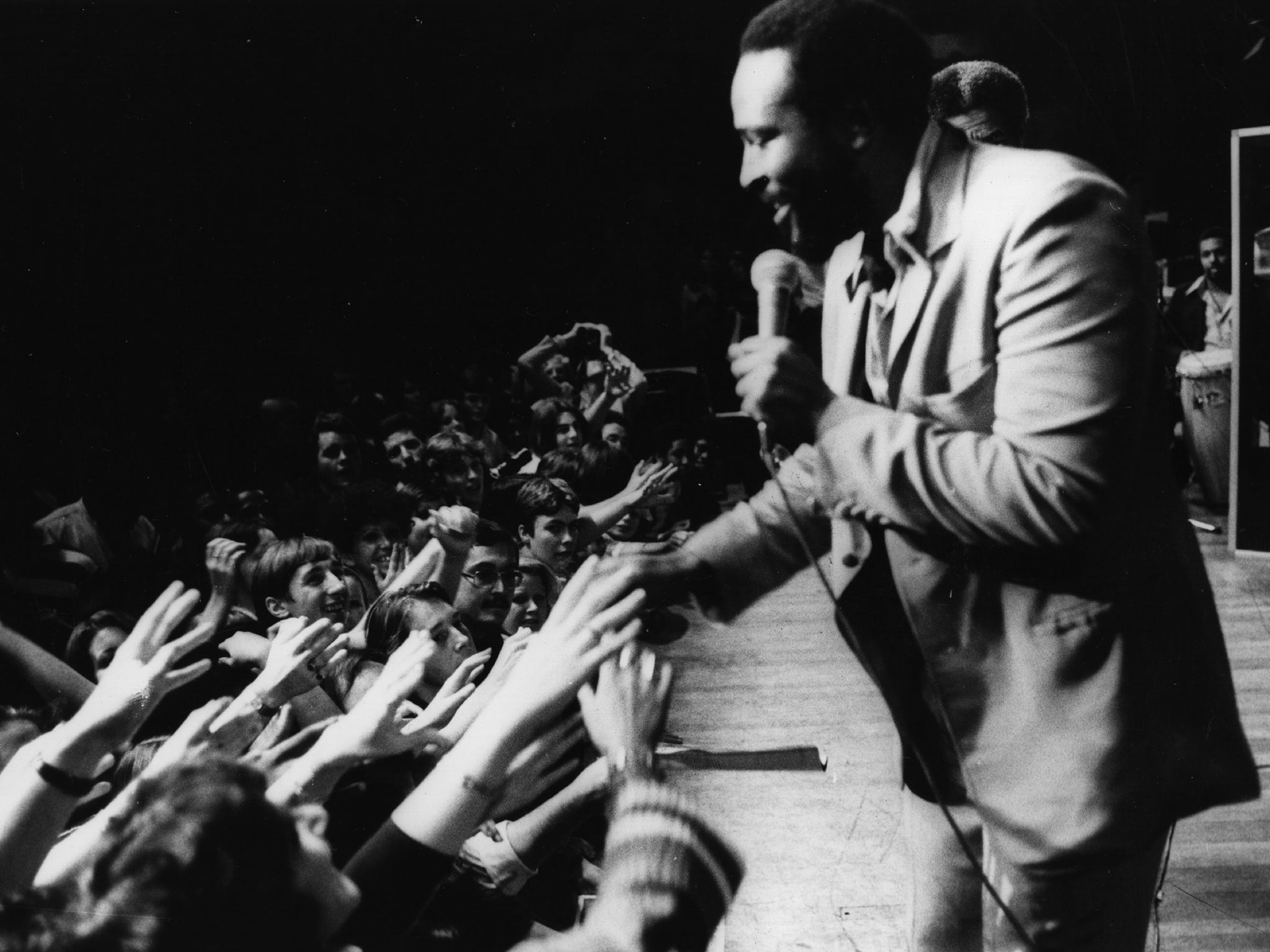
Two of Motown’s greatest and most tragic stars united for a series of exquisite recordings from 1967-1970 after Gaye, the undisputed master of the male/female duet had forged rewarding partnerships with Kim Weston and Mary Wells.
He would do so again in the Seventies with Diana Ross, but his pairing with Terrell scaled greater heights than just about every male/female coupling before or since.
“Ain’t No Mountain High Enough” was the first and greatest of their recordings, an inspired and uplifting Ashford and Simpson song that showcased the individual singers’ own talents and also their seamless chemistry as they wove intricate patterns around one another.
13. Stevie Wonder – ‘I Was Made to Love Her’ (1967)
After bursting to fame with the sensational Billboard No 1 “Fingertips”, recorded when he was just 12 years of age, “Little” Stevie trod water until he was all of 15 when “Uptight (Everything’s Alright)” reminded everyone of his precocious talent.
By “Uptight” he had dropped the “Little” prefix and nothing demonstrated this new-found maturity better than “I Was Made To Love Her”, a joyous celebration of his first love, sung with the passion and intensity that would soon become a Wonder trademark. And don’t you just love the harmonica intro?
12. Edwin Starr – ‘War’ (1970)
Starr gets straight to the point with the opening lines – “War! Huh! Yeah! What is it good for? Absolutely nothing!”, as he invests his heart and soul into the performance of a lifetime for the definitive anti-war anthem.
Starr never quite reached the first rank of Motown artists but a lesser singer would have been overpowered by producer Norman Whitfield’s wall of sound – a crescendo of wah-wah guitars, horns and percussion. Released as the Vietnam War raged, the song’s message remains timeless.
11. Smokey Robinson and the Miracles – ‘The Tears of a Clown’ (1967)
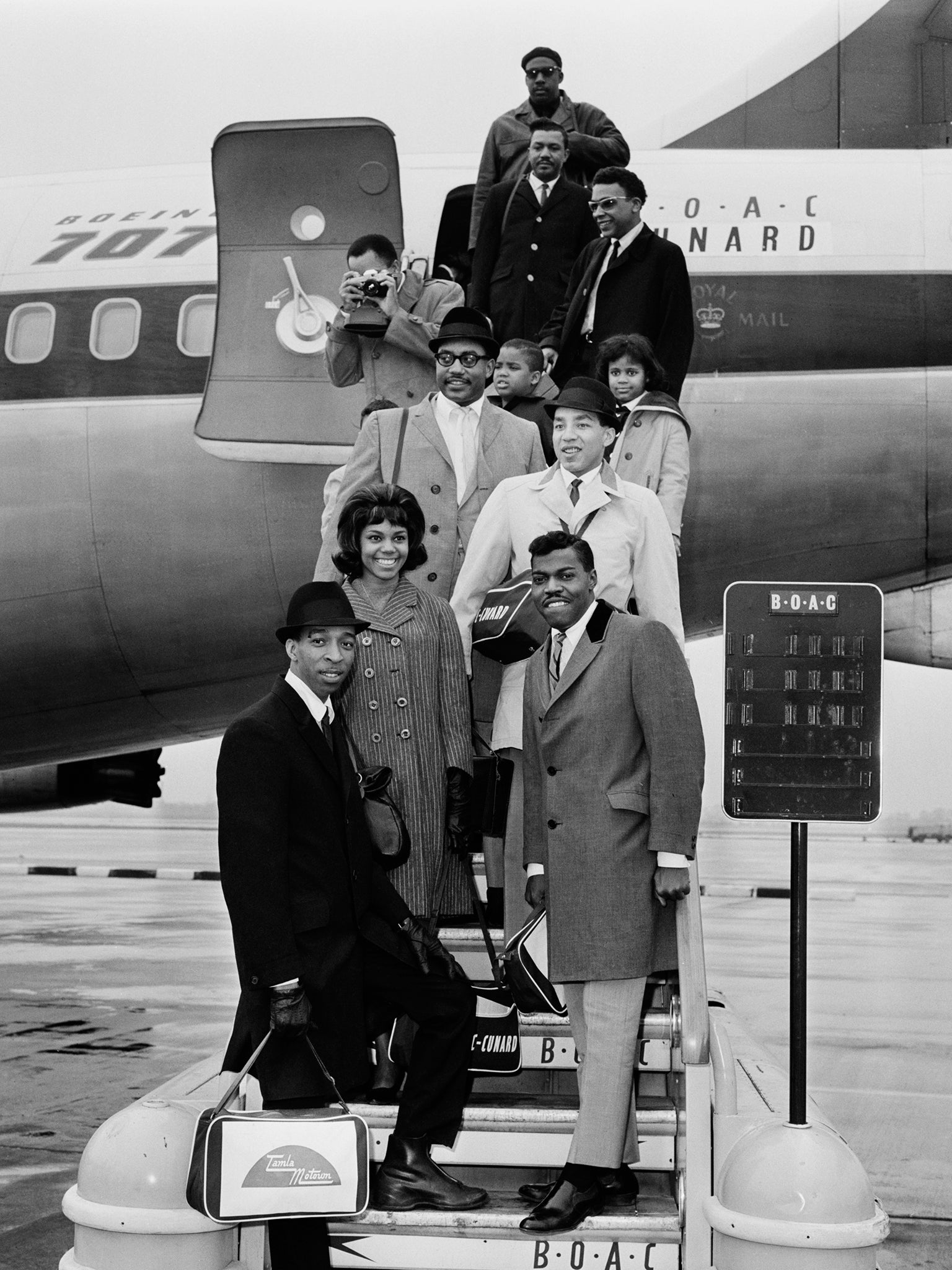
One of the key figures in Motown’s history upon whom the building blocks of much of the label’s success was built, Robinson was a consummate producer, songwriter and recording artist.
Whether Dylan really did call Robinson “America’s greatest living poet” or not, Robinson himself provided ample evidence to back up that assertion, composing dozens of classic songs that displayed his unmatched gifts for metaphors and graceful lyrical images.
“Tears of a Clown” found Robinson effortlessly embellishing a Stevie Wonder instrumental track with such gem-like couplets as “Don’t let my glad expression/Give you the wrong impression” as he drew on the heartbreak behind the jilted lover’s smile for a belated transatlantic No 1 in 1970.
10. The Temptations – ‘Papa Was a Rollin’ Stone’ (1972)
The crowning glory of the socially conscious direction that the Tempts took under visionary producer Norman Whitfield in this sombre tale of a feckless father and a broken home. The original album track clocked in at 12 minutes with the single an unheard of for the times seven minutes.
From the dramatic opening, all booming basslines, wah-wah guitar and atmospheric strings leading into the ominous first line, “It was the third of September/That day I’ll always remember”, the sombre mood was set for one of Motown’s greatest achievements, a Grammy winning psych/funk chef d’ouvre and the group’s final US No 1.
9. The Four Tops – ‘Reach Out I’ll Be There’ (1966)
Phil Spector described this record, a transatlantic No 1 from Motown’s ace songwriting and production team Holland/Dozier/Holland, as “black Bob Dylan” and it represents the peak of the Tops’ mid-Sixties output at Motown.
A transcendent recording that is almost classical in conception and execution with needless to say, a definitive anguished vocal from maestro Levi Stubbs.
8. The Jackson 5 – ‘I Want You Back’ (1969)
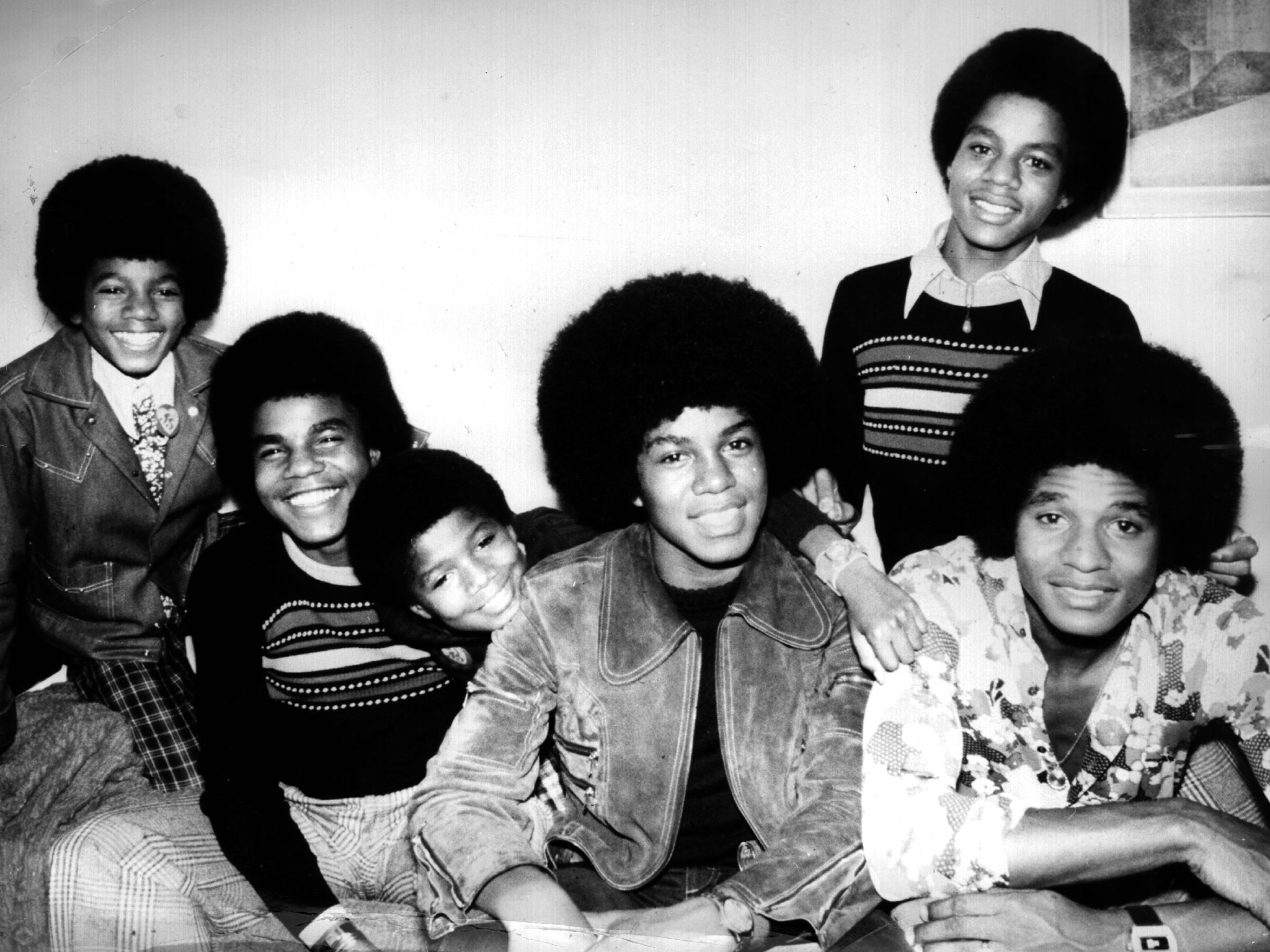
The debut single on Motown by the brothers from Indiana, fronted by Michael, made them overnight stars and remains one of the most imaginative and exhilarating records ever made. Influential too, with a bassline that has been sampled numerous times in the ensuing five decades, and nobody even thought to question how an 11-year-old boy could sing so vividly about lost love.
At the time, the fastest selling record in Motown history and only kept off the top spot in the UK by Lee Marvin’s croak-fest “Wand’rin’ Star”. Absolutely essential Motown and essential Michael Jackson.
7. The Supremes – ‘Stop! In the Name of Love’ (1965)
Perhaps no other act epitomised the classic look, choreography and sound of Motown than the Supremes. The brilliant pop soul of “Where Did Our Love Go” and “Baby Love” began their glorious run of singles in 1964.
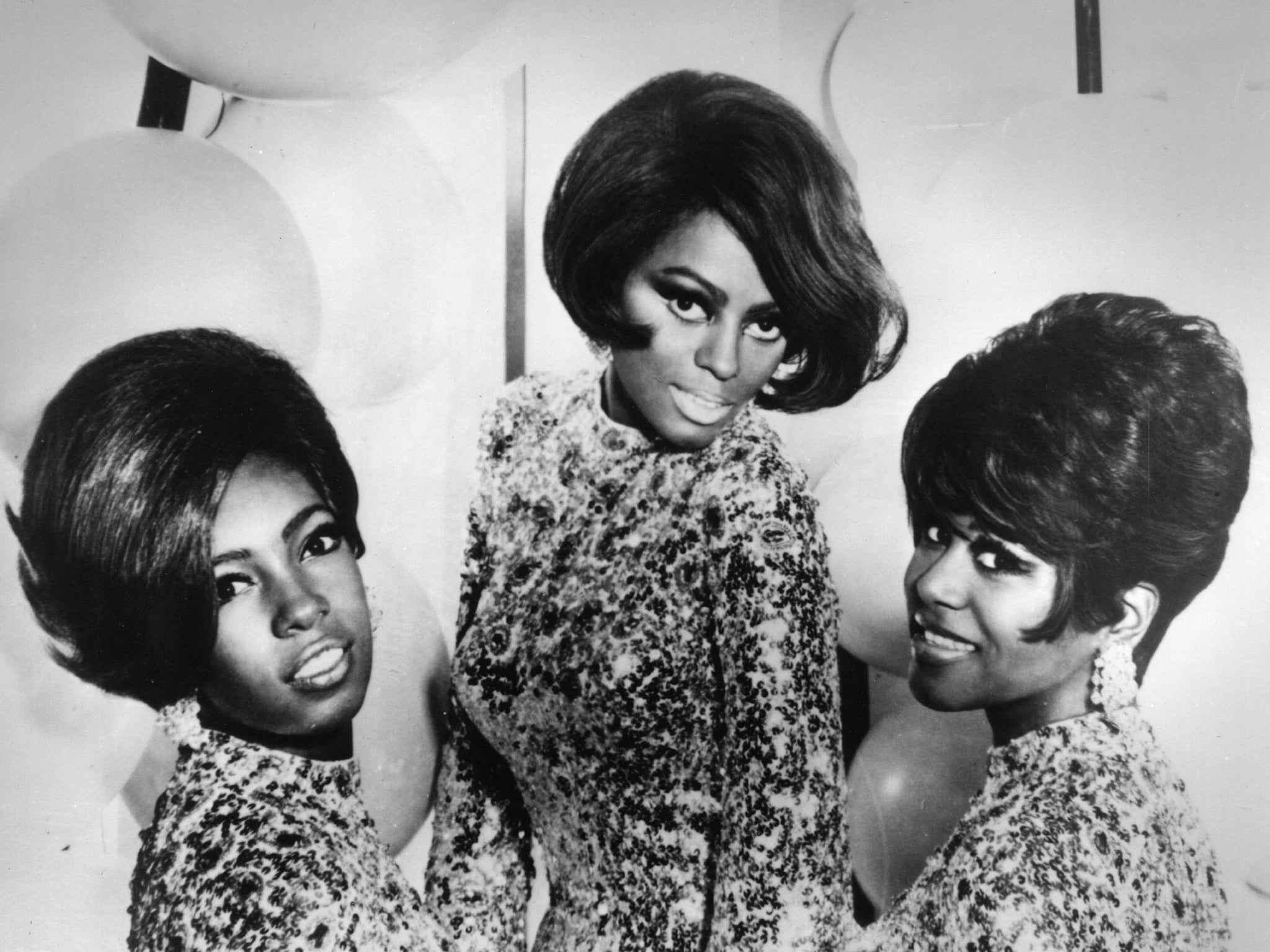
The songs then became more sophisticated without losing their unique pop-sheen thanks to the unmatched writing/production team of Holland/Dozier/Holland. Like so many of the Supremes singles, “Stop! In the Name of Love”, the fourth of an unprecedented run of five consecutive US No 1 singles, grabs your attention from the get-go.
The introductory organ swirl is followed by the song’s title/chorus, and by the time the fabled Funk Brothers backing band kick in, you’re hooked, just like the girl in the song. Flawless.
6. The Temptations – ‘My Girl’ (1964)
With an immediately recognisable intro consisting of a throbbing bassline (designed to replicate a heartbeat) and co-writer Robert White’s muscular guitar riff leading into one of the most famous opening lines in the Motown canon – “I got sunshine on a cloudy day”, “My Girl” has become so ubiquitous in recent years that its greatness is sometimes overlooked.
Lyricist Smokey Robinson loaded the song with his trademark lyrical images, (”I’ve got so much honey/The bees envy me”) and with David Ruffin’s star-making vocal, an instant classic was born.
5. Martha and the Vandellas – ‘Dancing in the Street’ (1964)
Legend has it that Marvin Gaye christened the female back-up group on his early hit “Stubborn Kind of Fellow” “vandals of music” when they all but drowned out his vocals and so, a name was born.
And Martha and the Vandellas became one of the great names on the Motown roster with label defining hits such as “Heatwave”, “Jimmy Mack”, “Nowhere to Run” and this glorious floor filler which Gaye himself co-authored.
“Dancing in the Street” is the Motown machine at its most assured – an “invitation across the nation” – to party, to dance, and given an extra edge by its association with the burgeoning civil rights movement – wrongly, according to Martha Reeves, who sang the song with such eloquence.
4. Marvin Gaye – ‘What’s Going On’ (1971)
As the 1970s dawned, Motown’s two top male stars Stevie Wonder and Marvin Gaye began to strain at the leash of artistic independence. Ground-breaking concept album What’s Going On was Gaye’s own personal reaction to Vietnam and environmental and social issues.
Berry Gordy famously hated the whole premise and was only appeased when the superbly arranged title track became a huge hit single. A momentous recording in so many ways, Gaye’s silky smooth vocal and the spiritual feel of the music made “What’s Going On” an artistic triumph and a game changer for black music in general.
3. The Miracles – ‘The Tracks of My Tears’ (1965)
Smokey Robinson had a voice capable of melting even the stoniest of hearts. Here, his divine high tenor is perfectly complimented by gently unfolding guitar lines from Marvin Tarplin and exquisite doo-wop and call-and-response harmonies from the rest of the Miracles.
A deathless classic, “The Tracks of My Tears” is the heartbreaking Motown ballad par excellence and yet more compelling evidence of Robinson’s poetic gifts.
2. Stevie Wonder – ‘Superstition’ (1972)
1972’s Talking Book album confirmed Wonder’s emergence as a major artist, masterfully blurring and expanding the boundaries of rock and soul.
On “Superstition”, a US NBo 1 single, Stevie found his (or anybody’s for that matter!) funkiest groove with the revolutionary clavinet riff, thumping drumbeat and devastating horn section taking studio techniques to a whole new level and almost rendering the lyrics redundant if it wasn’t for the fabulous Wonder vocal. A magnificent and hugely important recording.
1. Marvin Gaye – ‘I Heard It Through the Grapevine’ (1968)
Often cited as the greatest single ever made, “I Heard It Through the Grapevine” certainly boasts one of the greatest intros in all of popular music as the ominous voodoo-like rhythm sets the scene for a brooding classic of paranoia.
It’s a salient lesson on the perils of listening to gossip and rumour, with Gaye’s anguished vocal vividly illustrating his tortured soul as he is taunted relentlessly by his female backing group – “I heard it through the grapevine/Not much longer would you be my baby”.
A great artist’s magnum opus and the pinnacle of the considerable achievements of arguably the greatest record label ever.
Join our commenting forum
Join thought-provoking conversations, follow other Independent readers and see their replies
Comments